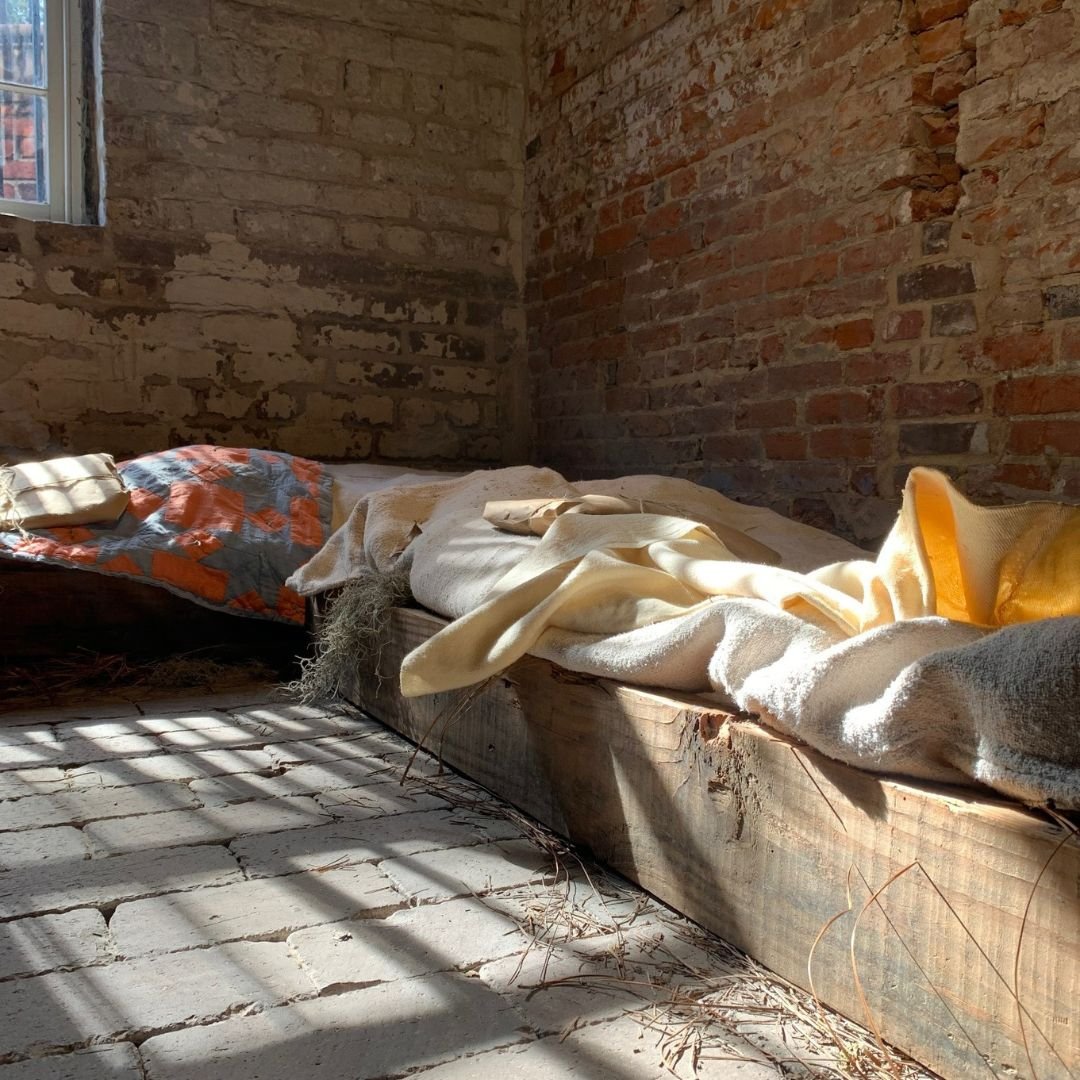
Trauma-based Knowledge Work
A Collaborative Research Project
The Davenport House Museum’s Executive Director, Danielle Hodes, is a Smithsonian research fellow with the National Museum of American History who collaborates with The Institute for Disaster Mental Health (IDMH) at the State University of New York, New Paltz, to provide essential expertise and training to support the well-being of museum staff.
Project History
The collaboration with IDMH began before the 20th anniversary of the September 11 attacks to support the National Museum of American History’s (NMAH) project team with mental health-informed training during their work with this traumatic content. Ms. Hodes served as the co-lead for the this initiative and wanted to provide her team with the proper support to handle the difficult subject matter associated with the 9/11 attacks. The collaboration has continued and now extends to staff and teams across NMAH that work on a wide variety of challenging topics. IDMH will also be conducting a workshop this fall for Davenport House Museum staff and other Lowcountry museum staff who focus on sharing the stories of enslavement to provide them with the tools and resources to sustainably engage with this work.
Trauma-based Knowledge Work
We define Knowledge Work as any activity in which an individual or team works to develop an educational, programmatic, exhibition, or other related effort. Knowledge work and museum work are not inherently traumatic; however, working in museums and other cultural institutions can involve challenging content and activities that can be traumatic.
Professionals across all disciplines contend with distinct sets of stressors. Museums, as workplaces, are no exception; yet, what distinguishes the museum sector is the breadth of topics and challenges, spanning historical and contemporary realms. Through collaboration with IDMH, we have explored museum work through a mental health lens, gaining insights into secondary trauma stress or vicarious trauma exposure concepts. This understanding has been particularly relevant to museum tasks associated with traumatic events, such as the September 11, 2001, terrorist attacks. Working with IDMH, we coined the term 'Trauma-Based Knowledge Work' to encapsulate this facet of museum engagement — any endeavor potentially exposing individuals to emotional, physical, or psychological challenges connected to their professional work.
Trauma-Based Knowledge Work builds on IDMH’s deep understanding of the many ways people can be exposed to challenging material, the range of reactions they can experience in response to that exposure, and the diverse coping strategies – productive and problematic – they can choose to employ. Exposure for individuals and teams can be acute, related to a specific encounter, or chronic and cumulative due to repeated exposure to challenging content throughout one's career.
Resources
To support museums and the cultural community in Trauma-Based Knowledge Work, we encourage the following considerations, practices, and resources to be developed:
Identify resources already available to staff, such as employee assistance programs, and ensure that each member of the organization and team has that information. Many museums also have help available to them outside their organizations through area mental health and wellness providers.
Before beginning a project, identify the process and procedures for what the project team will do when exposed to challenging and traumatic situations.
Identify a procedural checklist for each project and activity. Add mental health, team check-ins, and share-outs as part of the practice so that discussing challenging situations and complex content becomes the norm.
Per each project, outline the process and steps required and review the organization's goals and efforts to establish best practices for each action.
IDMH offers free videos and other helpful tools, which you can find here.
Supporting Our Visitors
Together, the collaboration produced the following language that the museum is using on signs and labels throughout the museum today. This copy was designed to support visitors in the museum by offering some techniques to re-center if they’re overwhelmed by any particular content.
-
Try Progressive Muscle Relaxation. Tense the muscles in your feet as much as possible for five seconds, then release. For ten seconds, focus on how those now-relaxed muscles feel. Repeat the process for progressively higher parts of your body—tensing for five and relaxing/focusing for ten.
-
Try Box Breathing. Breathe in four steps, imagining that you are working your way around four sides of a box or square: 1) breathe in slowly for four seconds, 2) hold your breath for four seconds, 3) exhale slowly for four seconds, 4) wait four seconds before breathing in again.
-
Try Active Thinking. What’s that little voice in your head saying about the situation, or how are you responding to it? Once you notice these thoughts, adjust your self-talk to be more precise and supportive.
Developed by NMAH and the Institute for Disaster Mental Health at SUNY New Paltz.
What’s Next?
We hope to release additional information on Trauma-based Knowledge Work to support museums, libraries, and other cultural institutions.
We also welcome your input. We're eager to gather insights from fellow museums and professionals in the field regarding the tools and resources they've found effective in supporting their teams. Feel free to reach out to us via email at NMAHtraumaproject@si.edu
Danielle Hodes, M.A., Executive Director, Davenport House Museum, Research Associate, National Museum of American History, former Senior Program Manager at the National Museum of American History
Adam Rozan, National Museum of American History
Amy Nitza, Ph.D., LMHC, Executive Director, Institute for Disaster Mental Health, Research Associate, National Museum of American History
Karla Vermeulen, Ph.D., Deputy Director, Institute for Disaster Mental Health, Research Associate, National Museum of American History

